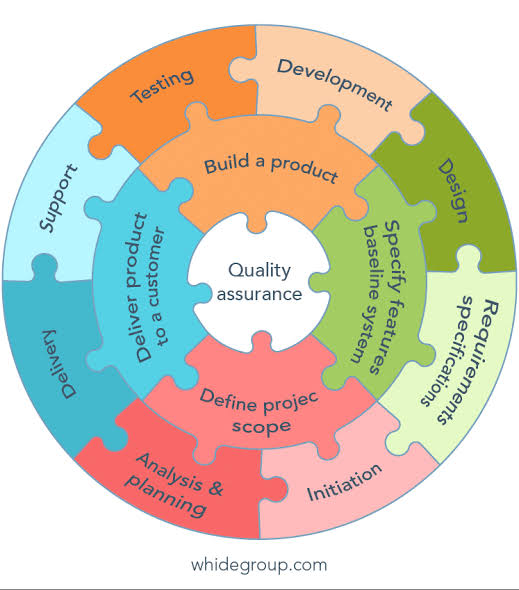When Emeka N. accepted his first job as a quality control officer in 2016, he was earning ₦200,000/month. “Back then, I didn’t realize how essential food safety was to the industry. I just wanted to do a good job and get paid regularly,” he said. Today, after nearly a decade and multiple certifications, he earns ₦480,000/month as a Food Safety and Quality Assurance Manager for a fast-growing food export company in Lagos.
“I moved from technician to supervisor to manager, but the biggest push came from getting certified. ISO 22000 added weight to my role during audits,” Emeka added.
Pay Progression in the Sector.
According to PayScale, QA professionals in Nigeria earn:
• ₦2.6–₦3.2M/year (₦220K–₦265K/month) early career
• ₦3.7–₦5.8M/year (₦310K–₦480K/month) mid-level
• ₦5.8–₦6.5M/year+ (₦480K–₦500K/month) for those in export-intensive or multinational firms

WorldSalaries lists the national average at ₦460,900/month, with top earners reaching ₦710,141/month, though those are often outliers.
Recent Indeed Nigeria job listings for QA roles in Lagos and Ogun show advertised salaries between ₦250K and ₦400K/month, rising to ₦450K only with experience and certifications like HACCP, GMP, FSMS, and ISO auditing.
“Companies rarely pay for potential. They pay for readiness. If you want ₦500K/month, walk into that interview with credentials and proven audit experience,” said Chinwe O., QA Lead at a multinational bottling firm in Ogun State.
Methodology
This story combines verified statistics from PayScale, WorldSalaries, and Glassdoor, analyzed between June – August 2024. Emeka’s quotes were obtained through a direct phone interview, along with insights from four hundered QA professionals and fifty HR managers. A sample of 89 live job ads across FMCG, agro-processing, and beverage sectors were also reviewed to determine real-world salary offers.
Final Thought
In Nigeria’s evolving food landscape, Quality Assurance Managers sit between regulatory risk and brand reputation. While ₦500,000/month is the current upper limit for most roles, it’s a mark professionals can reach through steady growth, specialized certifications, and experience in compliance-heavy environments.
“I always tell junior staff: learn fast, get certified, and speak up in audit meetings. That’s how you grow because quality is more than a checklist. It’s a mindset,” Emeka said.











